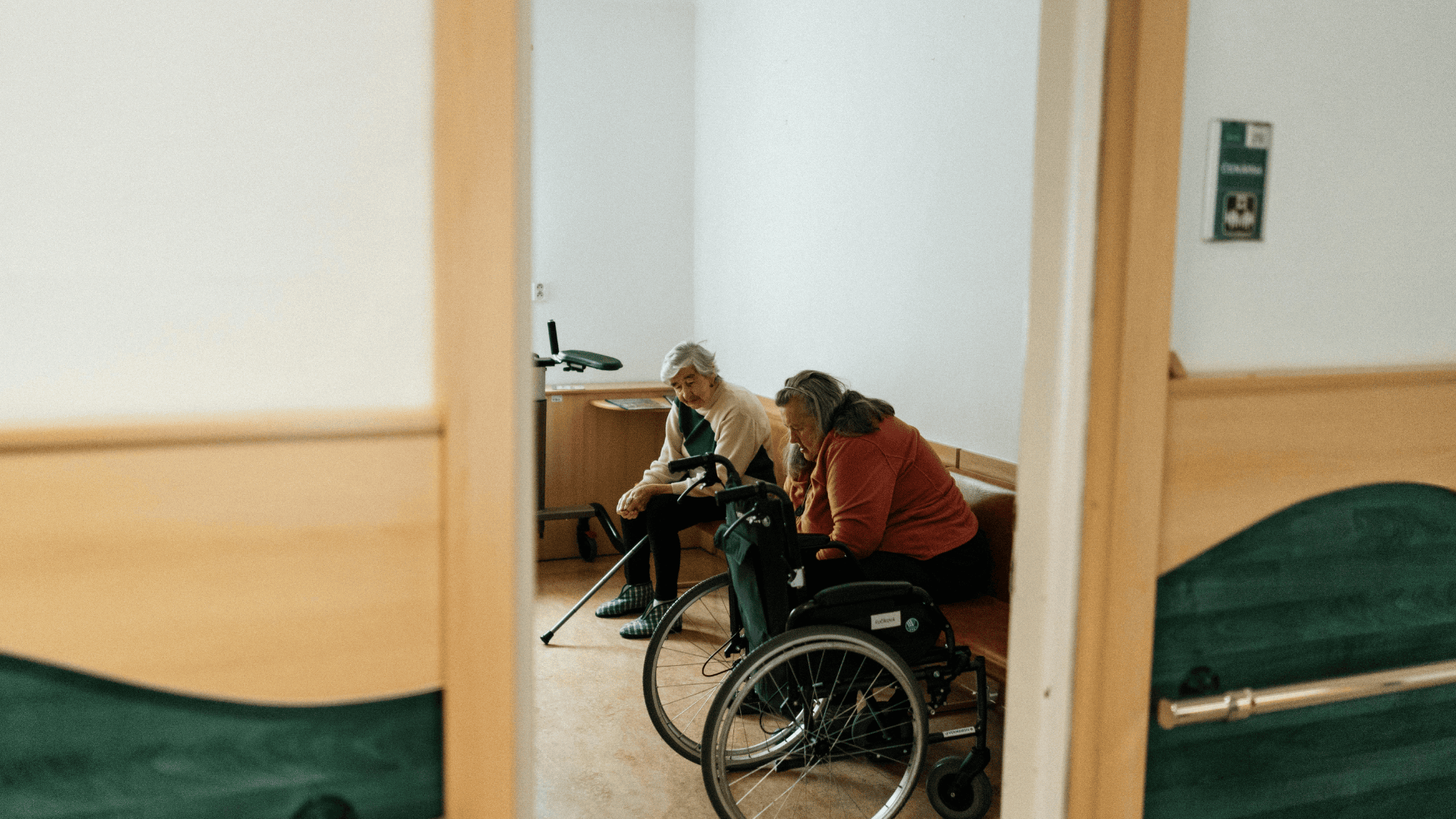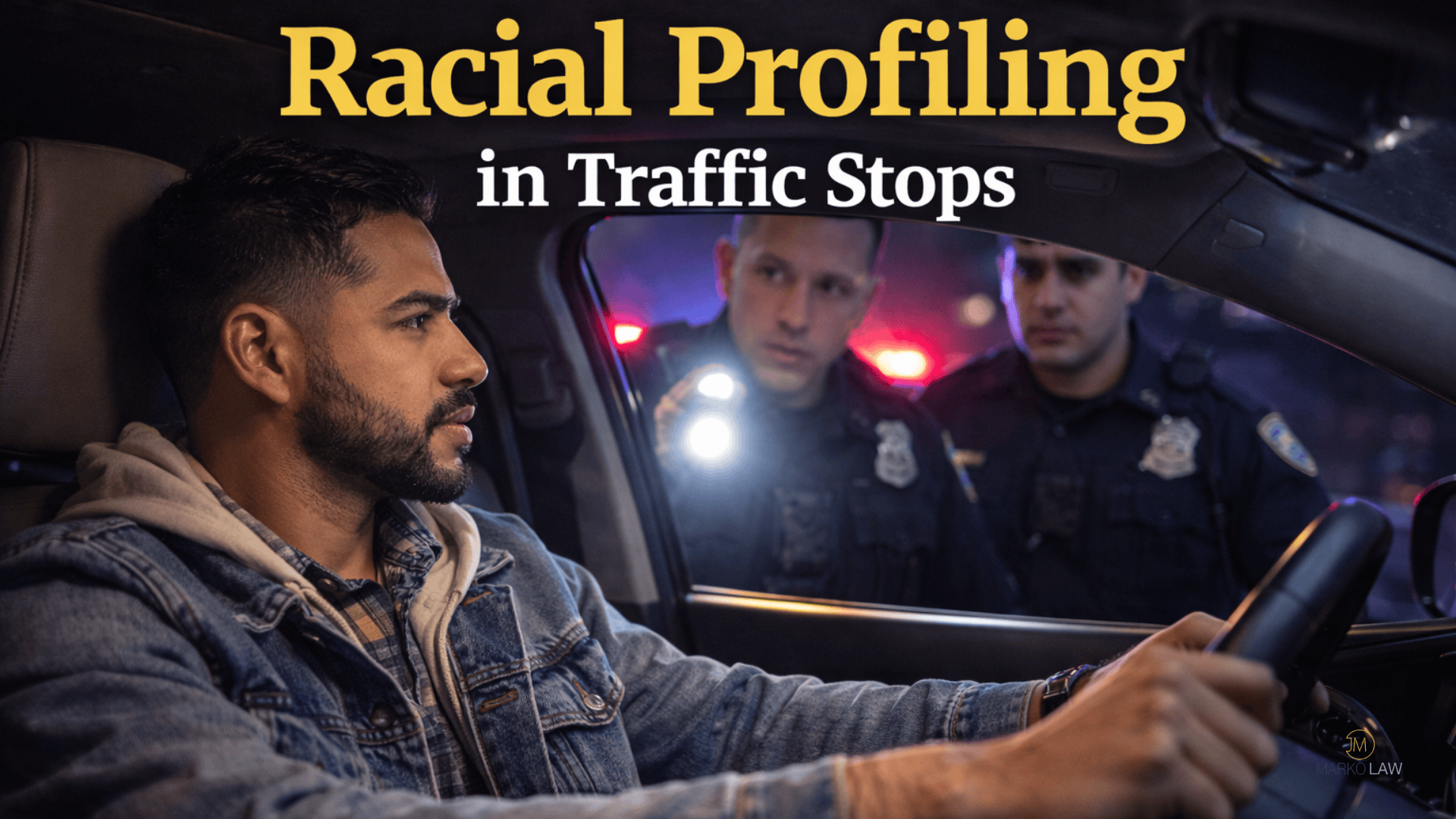Elder abuse is a violation of trust—and a growing crisis across Michigan.
It includes any act that causes harm or distress to an older adult, whether it’s physical violence, emotional manipulation, neglect, sexual abuse, or financial exploitation. Abuse can happen in nursing homes, assisted living facilities, hospitals, or even inside the victim’s own home. And too often, it’s carried out by the very people trusted to provide care.
In Michigan, thousands of elder abuse cases are believed to occur every year—yet most go unreported. Victims may be too afraid, confused, or physically unable to speak up. Families may miss the signs or be discouraged from taking action. And some facilities go to great lengths to cover up what’s really happening behind closed doors.
This silence creates space for more abuse.
That’s why recognizing the signs and acting immediately isn’t just important—it’s critical. Every delay puts vulnerable people at greater risk. Every ignored injury or excuse from staff is a missed opportunity to step in.
At Marko Law, we don’t tolerate abuse. We hold facilities, caregivers, and institutions accountable. And when the system fails our elders, we step in and fight back.
What Elder Abuse Looks Like
Common Types of Elder Abuse
Physical Abuse
Pushing, slapping, hitting, restraining, or causing pain through force. Victims may show unexplained injuries, bruises, or frequent falls brushed off as “accidents.”
Emotional and Psychological Abuse
Includes verbal threats, intimidation, isolation, gaslighting, or humiliation. Victims may become withdrawn, anxious, or fearful—especially around certain staff or caregivers.
Sexual Abuse
Any non-consensual sexual contact, often committed by caregivers or even other residents. Many cases go unreported due to cognitive impairment or fear.
Financial Exploitation
Unauthorized use of an elder’s money, property, or assets. This could include forging checks, changing wills, or pressuring elders into giving away money or control.
Neglect or Abandonment
Failure to provide basic needs like food, hygiene, medication, or supervision. It’s often passed off as “understaffing,” but the consequences are deadly.
Where Abuse Happens
Nursing Homes
Despite regulations, understaffing, poor training, and management failures lead to widespread abuse and neglect.
Assisted Living Facilities
Less regulated than nursing homes, these facilities are growing in number—and so are the complaints.
In-Home Care Settings
Abuse can happen inside the home by private caregivers or even family members, especially when supervision is limited.
Signs Families Commonly Overlook
Physical Warning Signs
- Bruises or fractures in unusual places or with unclear explanations
- Bedsores from being left in the same position for too long
- Malnutrition or dehydration, often masked as appetite loss or illness
- Frequent falls, especially when no one seems to witness them
These are not just accidents—they can be signs of outright neglect or physical mistreatment.
Emotional & Behavioral Changes
- Sudden fearfulness or flinching around staff or caregivers
- Withdrawal from social interactions or family visits
- Depression, anxiety, or emotional outbursts
- Unusual silence in someone who used to be talkative or engaged
When a loved one’s personality changes drastically, something deeper could be going on.
Environmental Concerns
- Unclean bedding, clothing, or living spaces
- Strong odors of urine or feces
- Lack of working heat, air conditioning, or safety features
- Visible hazards like broken flooring or exposed wires
A dirty or dangerous environment isn’t just unpleasant—it’s evidence of neglect.
Financial Red Flags
- Missing funds or valuables
- Unfamiliar charges on bank or credit card statements
- Sudden changes in wills, powers of attorney, or titles
- Unpaid bills despite adequate financial resources
Financial abuse is especially common when elders rely on others to manage their money.
Legal Protections in Michigan
Michigan’s Adult Protective Services Act
This law is the backbone of elder protection in Michigan. It empowers Adult Protective Services (APS) to investigate reports of abuse, neglect, and exploitation. APS can step in to assess risk, arrange emergency services, and coordinate law enforcement when necessary.
If someone suspects abuse and doesn’t report it, the consequences can be devastating—not just legally, but morally.
Mandatory Reporting Laws
In Michigan, professionals like doctors, nurses, social workers, and care facility staff are legally required to report suspected abuse or neglect. Failure to do so can result in fines or criminal penalties.
If a caregiver or medical professional ignored clear signs and failed to act, they may share legal liability for the harm that followed.
Licensing & Regulation of Care Facilities
Nursing homes and assisted living facilities must be licensed by the state and follow strict safety, staffing, and care standards. These regulations are meant to:
- Prevent neglect and abuse
- Ensure adequate staffing and supervision
- Protect residents’ rights
Facilities that violate these rules can face state investigations, fines, loss of license—and civil lawsuits from victims or their families.
Civil and Criminal Consequences
Elder abuse is not just unethical—it’s illegal.
- Civil consequences: Victims and families can sue for damages related to injury, trauma, financial loss, or wrongful death.
- Criminal charges: Abusers may face charges like assault, financial fraud, or manslaughter, depending on the circumstances.
At Marko Law, we pursue both accountability and justice—in courtrooms and beyond.
Who May Be Liable
Individual Caregivers or Employees
Nurses, aides, and staff who directly cause harm through abuse, neglect, or exploitation can be sued and prosecuted. This includes:
- Physical or verbal abuse
- Failure to provide medical care
- Theft or financial manipulation
Whether they acted out of malice or neglect, they can and should be held accountable.
Facility Owners and Operators
Nursing homes and assisted living facilities are legally responsible for what happens under their roof. That includes:
- Hiring unqualified or abusive staff
- Failing to train or supervise employees
- Understaffing to cut costs
- Ignoring complaints or covering up abuse
If a facility allowed abuse to happen—or failed to stop it—they can be sued for corporate negligence and more.
Home Health Agencies
Private in-home caregivers are often employed through agencies. Those agencies may be liable if they:
- Hired someone with a known history of abuse
- Failed to perform background checks
- Ignored signs of misconduct
- Didn't provide oversight or support
Families may be shocked to learn that many home care agencies cut corners just to boost profit margins. That’s where we come in.
Financial Agents or Institutions
In cases of financial exploitation, liability may also fall on:
- Power of attorney agents
- Financial advisors or brokers
- Banks that ignored red flags
- Family members or friends with access to funds
Michigan law allows civil claims for fraud, breach of fiduciary duty, and unjust enrichment—especially when the victim is elderly or mentally impaired.
How Marko Law Helps
When families discover elder abuse, they’re often met with denial, excuses, or silence. That’s where Marko Law comes in.
We don’t ask permission to investigate—we take action. We don’t tiptoe around institutions—we confront them. And we don’t settle for apologies—we fight for accountability and compensation.
Investigating Care Facilities and Caregivers
We launch independent investigations into:
- Nursing homes, assisted living facilities, and in-home care services
- Staff backgrounds, hiring practices, and complaint histories
- Surveillance footage, visitor logs, shift changes, and internal reports
We don’t just rely on what they tell us—we get the records they don’t want you to see.
Working With Experts to Build Your Case
We collaborate with:
- Medical experts who can identify signs of abuse and neglect
- Forensic accountants to trace financial exploitation
- Industry professionals who can testify to violations of care standards
Every case is built for impact—clear, aggressive, and evidence-driven.
Pursuing Claims for Abuse, Neglect, and Exploitation
We pursue civil claims for:
- Physical and emotional abuse
- Medical neglect or malpractice
- Financial fraud or theft
- Wrongful death
Our goal: maximum compensation for the harm done—and changes that protect others from facing the same abuse.
Holding Institutions Accountable
We don’t just sue the individuals—we go after the systems that allowed it.
- Facility owners who cut corners to protect profit
- Agencies that failed to supervise or screen caregivers
- Institutions that ignored complaints or covered up abuse
If they let it happen, we hold them responsible in court.
Elder Abuse Demands Accountability
No one should spend their final years in fear, pain, or silence. Yet across Michigan, too many elders suffer behind closed doors—bruised, neglected, manipulated, and forgotten. The people responsible hide behind weak apologies, understaffed shifts, and corporate red tape.
That ends when families take action.
Elder abuse isn’t just a personal betrayal—it’s a legal and moral failure. And those who allow it to happen—caregivers, administrators, corporations—must be held to account. Accountability doesn't just punish the guilty. It protects others. It forces change. It gives families closure and survivors dignity.
You don’t need to have all the answers. You don’t need to be sure. You just need to take the first step. At Marko Law, we’ll handle the rest.
Contact Marko Law for a Free Case Evaluation
📞 Phone: +1-313-777-7777
📍 Main Office: 220 W. Congress, 4th Floor, Detroit, MI 48226
🌐 Website: www.markolaw.com









.svg)








